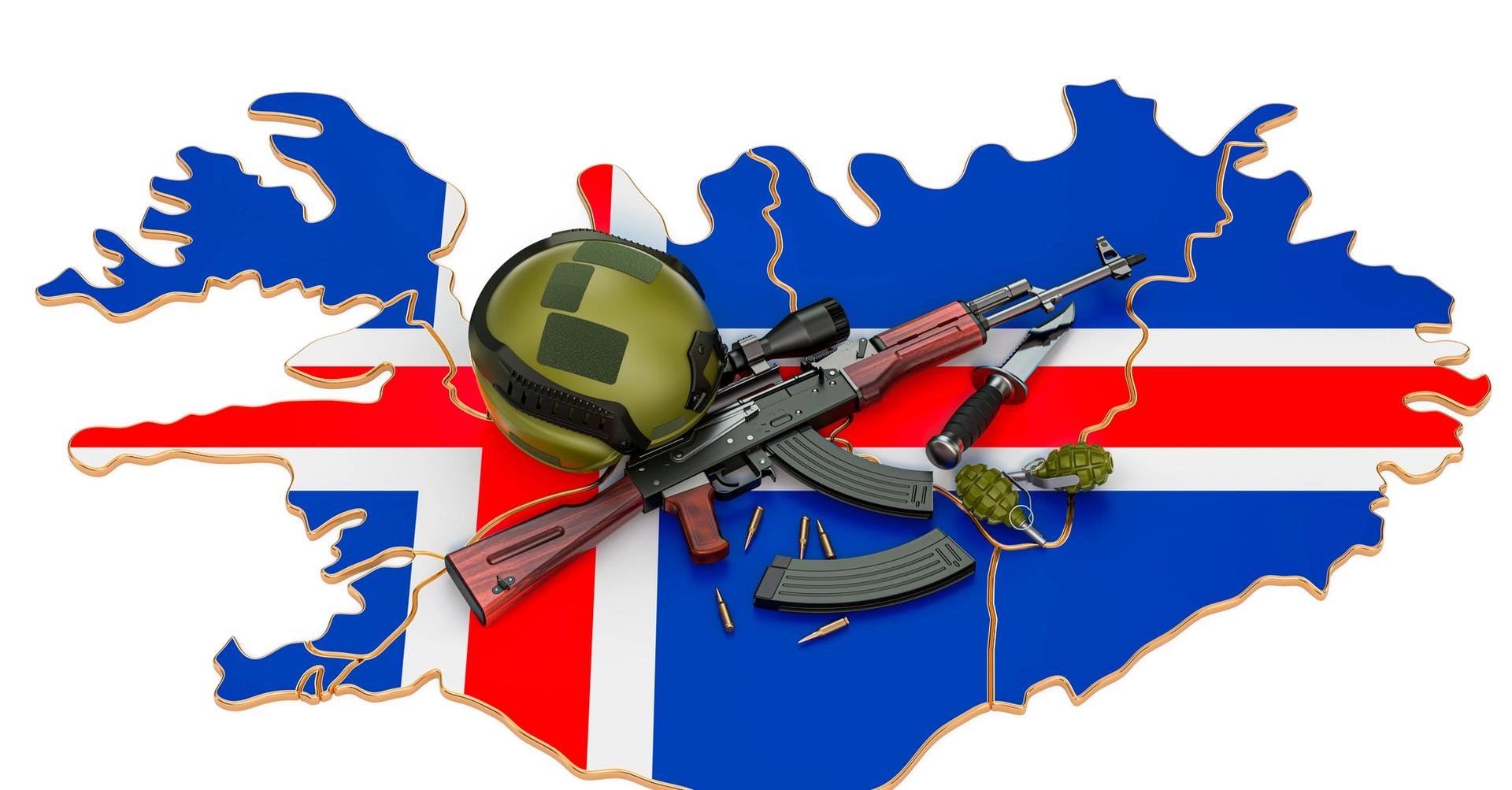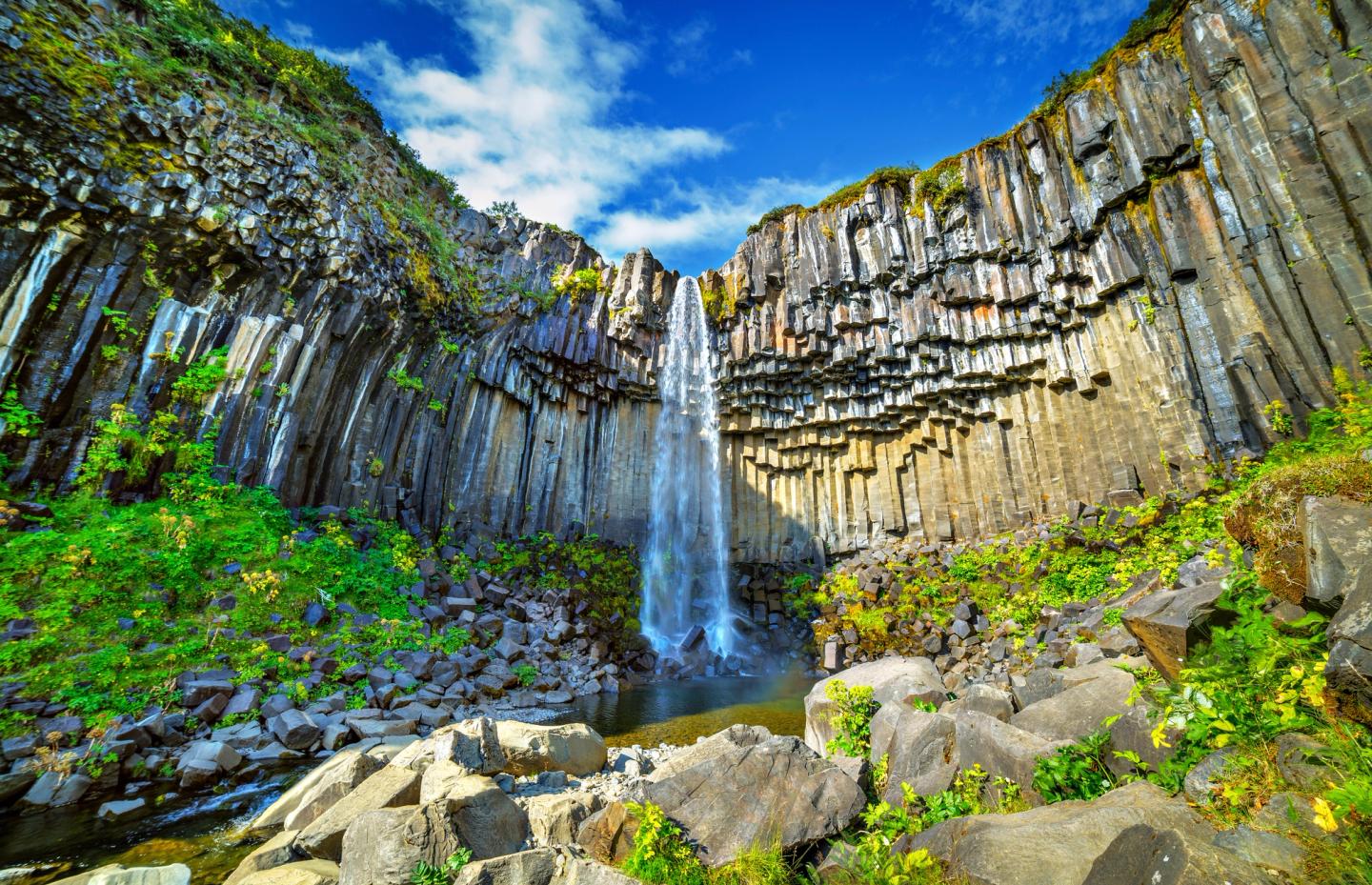 Icelandic Culture
Icelandic CultureWhy Iceland Doesn't Have an Army
The unique situation of Iceland not having an army has intrigued many people around the world. This article provides a comprehensive analysis of the factors behind Iceland's lack of a standing army and how the nation ensures its security and sovereignty.
Geopolitical Factors
The NATO Relationship
One of the main reasons Iceland doesn't have an army is its membership in NATO since 1949. As a member of this powerful military alliance, Iceland benefits from the collective defense provided by its NATO allies. In return, Iceland allows the use of its territory for strategic purposes, such as surveillance and reconnaissance operations. This arrangement eliminates the need for Iceland to maintain its own army.
Geographic Isolation
Iceland's isolated location in the North Atlantic also plays a role in its lack of a military force. The island nation is far from potential adversaries and has limited strategic value. Consequently, the risk of a direct military invasion is low, and the need for a large defensive force is lessened.
Historical Factors
Iceland's Independence
Iceland gained independence from Denmark in 1944, during World War II. At the time, Iceland was occupied by British and American forces, which provided security. As a result, Iceland did not need to establish a military force immediately after gaining independence.
Lack of Military Tradition
Iceland's history is relatively free of warfare, and as a result, the country lacks a strong military tradition. Instead, Iceland has a history of diplomacy and peaceful resolution of conflicts, which has helped shape its modern stance on military matters.
Economic Factors
Cost and Efficiency
Maintaining a military force is expensive, and for a small nation like Iceland, with a population of about 350,000, it may not be the most efficient use of resources. Instead of investing in a costly standing army, Iceland can rely on its NATO allies for defense and allocate its resources to more pressing domestic needs.
Prioritizing Welfare
Iceland prioritizes the welfare of its citizens, focusing on providing quality healthcare, education, and social services. By not spending money on maintaining an army, Iceland can allocate more funds to these important social programs, ensuring a high standard of living for its people.
Cultural Factors
Emphasis on Peace
Icelandic culture places a strong emphasis on peace, and the country has a long history of promoting disarmament
Latest Blog Posts
 Guides
GuidesThe 2022 Eruption of Fagradalsfjall Volcano - An Unforgettable Iceland Volcano Eruption
Iceland has become a top destination for mind-blowing mountain hikes, volcanic hot springs, and icy glaciers. Adventurers flock to the land of fire and ice to experience these thrilling opportunities! So it is no wonder why Iceland's volcanic eruptions attract visitors from all over the world!
 Waterfalls
WaterfallsGuide to Svartifoss Waterfall in Iceland
Svartifoss, or the 'Black Waterfall', is an exquisite natural wonder tucked away in the Vatnajökull National Park of Iceland. Known for its distinctive basalt columns and cascading water, this waterfall is a must-see for nature lovers and travelers.
 Itineraries
ItinerariesTop 11 Must-Visit Volcanic Sites in Iceland
Iceland has over 130 volcanoes located throughout the country, with 30 of them still active today. Some of them are famous for recent volcanic eruptions, while others have not erupted in thousands of years. There are so many notable Iceland volcanoes, it is hard to know which ones you can visit. With the nickname of The Land of Fire and Ice, you know you won’t be disappointed when it comes to Iceland's volcanic sites. Here are our top 11 must-visit volcanic sites in Iceland!